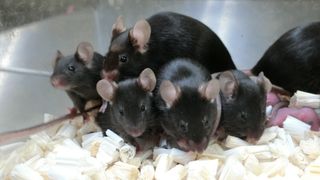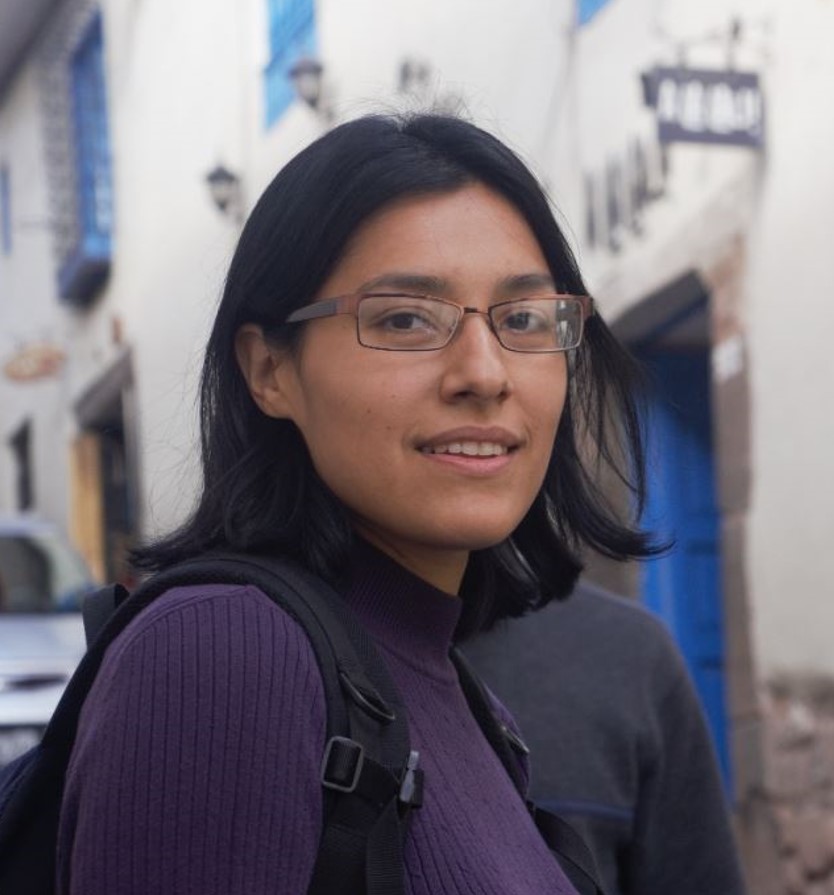'Space pups' born from freeze-dried mouse sperm stored on space station

Freeze-dried mouse sperm that spent months at the International Space Station (ISS) returned to Earth and successfully fertilized mouse ovary eggs to produce twitchy-nosed "space pups" — for science.
The Japanese researchers behind the new work, which they published today (June 11) in a new paper, wanted to know how space radiation affects fertility in mammals. Radiation can damage the DNA within cells, causing mutations (this is why dermatologists recommend using sunscreen). Environments on Earth with heavy radiation exposure can cause defects in the offspring of animals.
Space radiation in particular has been a major concern for countries like the U.S. and Japan that have sent many astronauts on lengthy missions into low Earth orbit. Farther space destinations are also on the horizon. NASA and other space agencies are developing systems that could support humans on monthslong journeys to other solar system destinations such as the moon and Mars, and radiation is a big concern.
Related: Astronauts going to Mars will absorb crazy amounts of radiation
This is where the small, squeaky animals enter the story.
Previous studies have been unable to mimic space-radiation conditions on Earth, so this team sent their experiment to space. Researchers freeze-dried mouse sperm samples from 12 mice and sealed them within small lightweight capsules, according to a press release describing the study.
The packets were transported to the ISS and stored for different amounts of time. A portion of the samples returned to Earth after nine months in space, another set returned after two years and nine months, and the final set of mice sperm samples came back after five years and 10 months in space.
Get the Space.com Newsletter
Breaking space news, the latest updates on rocket launches, skywatching events and more!




Once back on Earth, the team then determined how much radiation the samples absorbed using RNA sequencing. They found that the ISS trip did not result in DNA damage to the sperm nuclei.
They chose to rehydrate the sperm with water, then injected them into fresh mouse ovary cells. After transferring them to female mice, the mothers became pregnant and eventually gave birth to baby mice.
The "space pups" were born healthy and with no defects, according to the team.
The paper detailing the research was published today (June 11) in the journal Science Advances.
Follow Doris Elin Urrutia on Twitter @salazar_elin. Follow us on Twitter @Spacedotcom and on Facebook.
Join our Space Forums to keep talking space on the latest missions, night sky and more! And if you have a news tip, correction or comment, let us know at: community@space.com.

Doris is a science journalist and Space.com contributor. She received a B.A. in Sociology and Communications at Fordham University in New York City. Her first work was published in collaboration with London Mining Network, where her love of science writing was born. Her passion for astronomy started as a kid when she helped her sister build a model solar system in the Bronx. She got her first shot at astronomy writing as a Space.com editorial intern and continues to write about all things cosmic for the website. Doris has also written about microscopic plant life for Scientific American’s website and about whale calls for their print magazine. She has also written about ancient humans for Inverse, with stories ranging from how to recreate Pompeii’s cuisine to how to map the Polynesian expansion through genomics. She currently shares her home with two rabbits. Follow her on twitter at @salazar_elin.